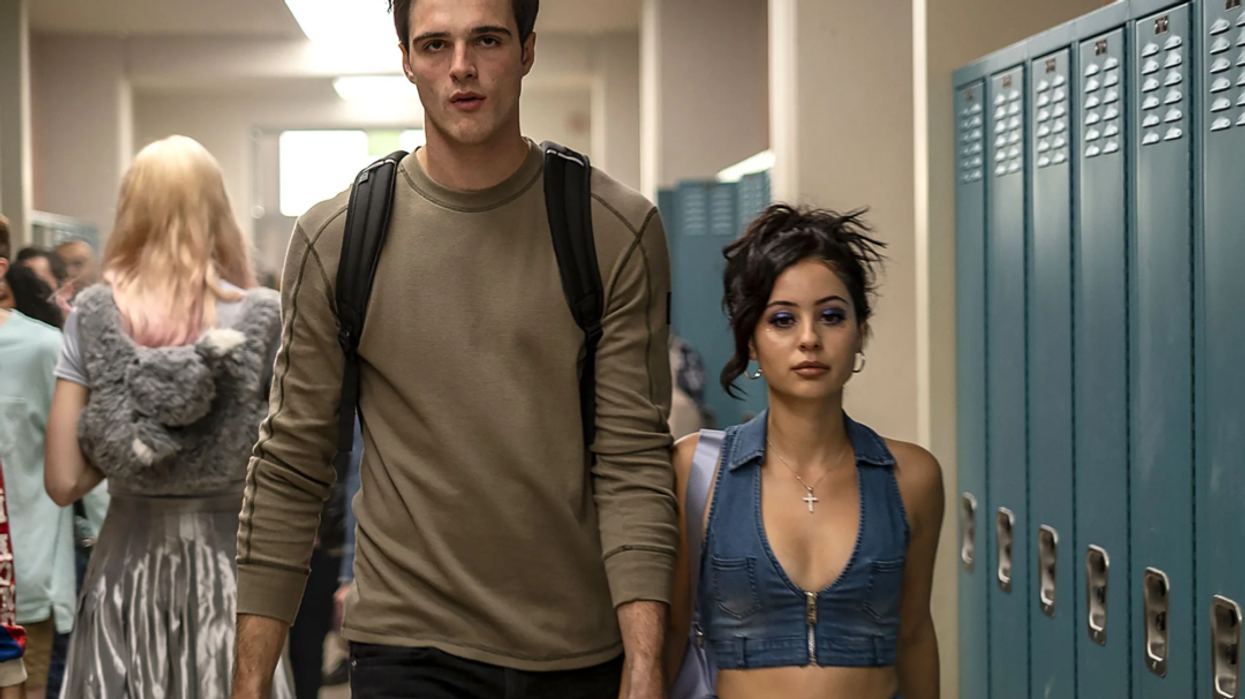A New UCLA Study Shows Gen Z Wants Even Less Sex On Screen
And they also want even more friendships.

'Euphoria'
One of the coolest things about UCLA is that they have this Center for Scholars and Storytellers, which does a lot of important work surveying people and finding out what's on their minds.
They recently conducted a study called Teens & Screens. It was full of information on people 10-24 years old and what they want out of their media.
In August of 2023, they interviewed 1,500 members of Generation Z to study their habits and desires when it comes to watching movies and TV.
The study found that 51.5% of adolescents wanted more content centered around friendships and platonic relationships than romantic ones. And 56% of Gen Z reported knowing people or being a person who was deliberately choosing to be single.
47.5% of adolescents said that sex isn’t needed for the plot of most TV shows and movies.
So why are they watching TV and movies? Well, 35.7% of adolescents said they watch for escapism. While 33.9% said they do so purely for entertainment.
They also have a strong preference for binge-watching, with 31.2% preferring to binge-watch their favorite shows.

What Does This All Mean?
Dr. Yalda T. Uhls, founder and director of CSS and co-author of the study said, “While it’s true that adolescents want less sex on TV and in movies, what the survey is really saying is that they want more and different kinds of relationships reflected in the media they watch,” she continued, “We know that young people are suffering an epidemic of loneliness and they’re seeking modeling in the art they consume. While some storytellers use sex and romance as a shortcut to character connection, it’s important for Hollywood to recognize that adolescents want stories that reflect the full spectrum of relationships.”
I don't watch any shows geared toward this age range, so I don't know that I could pick out which ones have a lot of sex and romance in them or which showcase platonic friendships on the other spectrum.
I do know that a lot of YA has been cemented around budding romances and love in stressful times, so this may reflect a shift in what audiences want from their YA content.
These kinds of studies are useful for development executives who want to target shows toward specific demographics. And maybe even some writers and directors, researching what kinds of stories audiences might be interested in watching.
Of course, eventually, Gen Z will not be 10-24 years old, and it will be interesting to see if their tastes change or evolve as they experience much more of life.
Let us know what you think in the comments.











